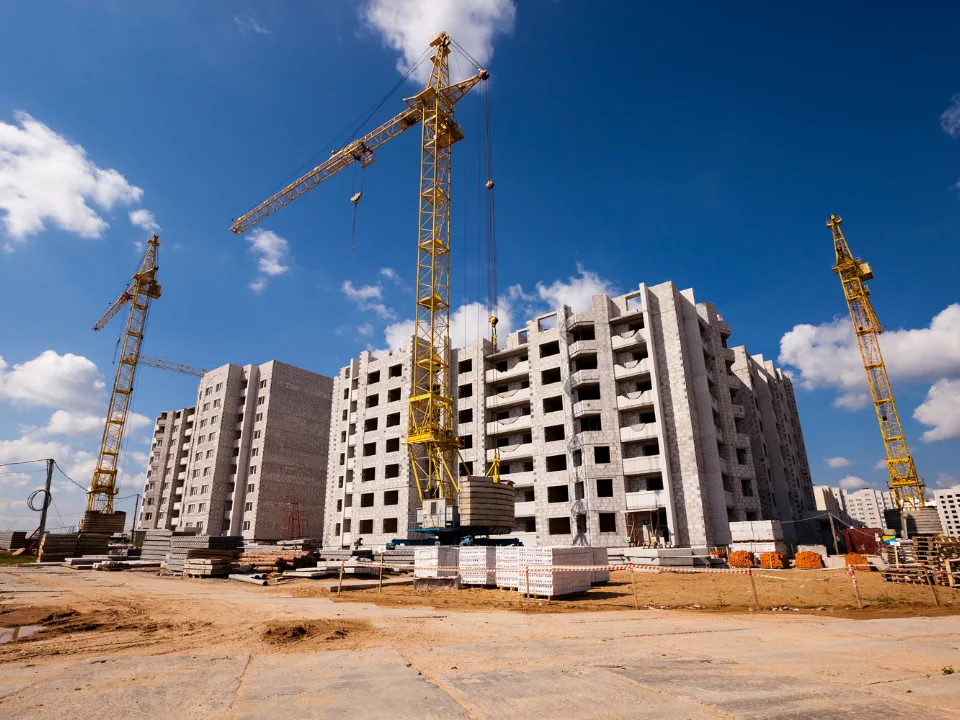- New York City generated a record $37B in real estate-related tax revenue last year, per REBNY data.
- Real estate taxes accounted for nearly 50% of the total municipal tax revenue, with commercial properties driving 82% of all property tax income.
- The city’s real estate tax revenue is projected to hit $50B this fiscal year, signaling growing reliance on the sector despite ongoing market challenges.
- Since 2010, real estate tax revenue has risen by 100%, outpacing the city budget’s 89% growth in that same period.
- Property taxes continue to fund key city services and infrastructure, including wages for 280K municipal workers and $5B in transfer taxes earmarked for MTA projects.
Resilient Revenue Engine
Even as New York’s commercial real estate market faces pressure from hybrid work trends and muted office demand, its contribution to the city’s fiscal health has never been stronger. In 2024, real estate-related taxes brought in a historic $37B, setting a new all-time high, according to The Real Deal.
James Whelan, president of the Real Estate Board of New York (REBNY), emphasized that despite recent economic shifts, “the real estate sector continues to be the backbone of New York City’s economy and revenue base.”
A Bigger Piece of the Pie
While the percentage of total tax revenue from real estate dipped slightly YoY, it still accounted for almost half of all city tax revenue. Commercial properties alone made up 82% of all property tax collections, underscoring their central role in city finances.
Real estate tax collections have grown faster than the city’s overall budget. Since 2010:
- Real estate-related tax revenue: +100%
- City budget growth: +89%
Get Smarter about what matters in CRE
Stay ahead of trends in commercial real estate with CRE Daily – the free newsletter delivering everything you need to start your day in just 5-minutes
Where the Money Goes
That $37B in real estate-related revenue last year was enough to:
- Pay the wages of 280K municipal workers, including transit and public safety staff
- Direct $5B in transfer taxes into the MTA’s Capital Lockbox, supporting critical transit infrastructure investments
Property taxes remain the primary funding source for essential services like police, fire, and sanitation.
The Valuation Gap
According to a state comptroller report, the tax-assessed value of all NYC property hit $204.8B, up $2.5B over the last four years. However, these assessments often don’t match real market values for office landlords, especially amid falling occupancy and rising vacancies.
Why It Matters
New York’s growing dependence on real estate tax revenue raises questions about fiscal sustainability if property values or transaction volumes decline. Still, the numbers reinforce one fact: real estate remains the city’s most reliable economic engine, even in a transforming market.
What’s Next
With projections showing that tax revenue could rise to $50B this fiscal year, real estate’s fiscal role in NYC is only growing. However, as office values adjust and hybrid work persists, city officials may need to prepare for potential volatility in what has long been their strongest revenue stream.















